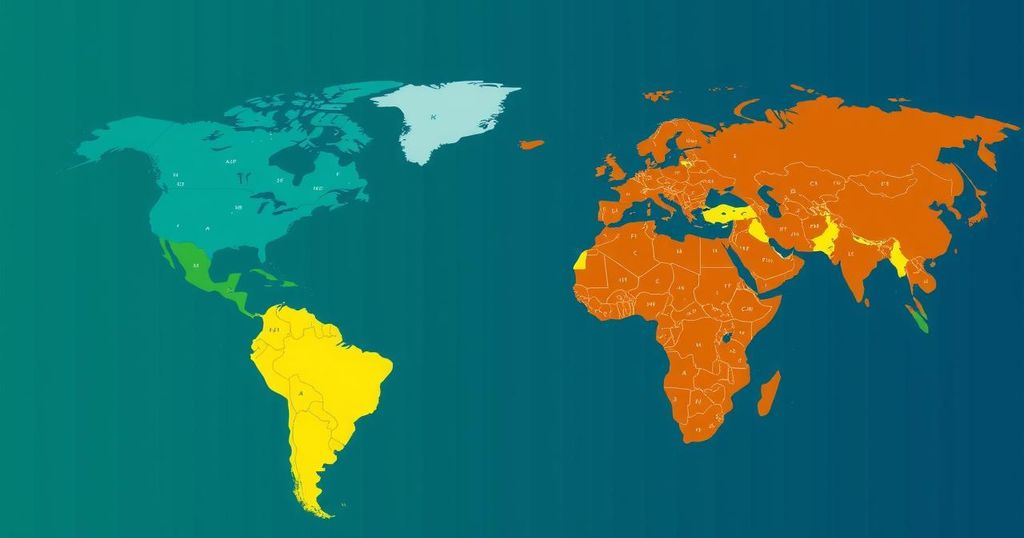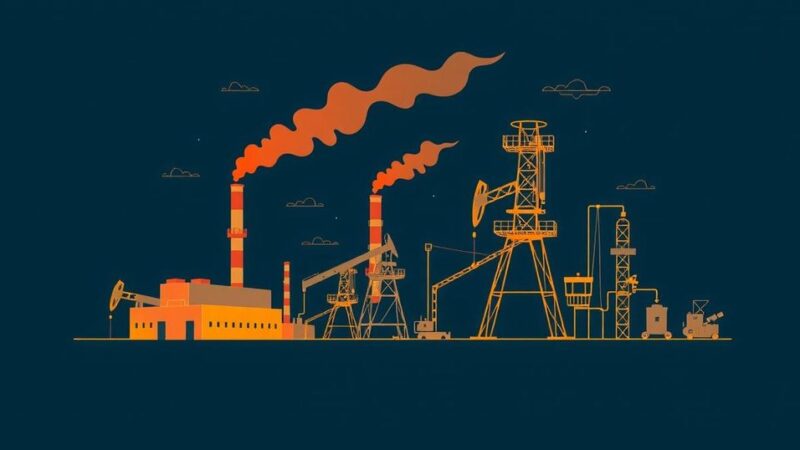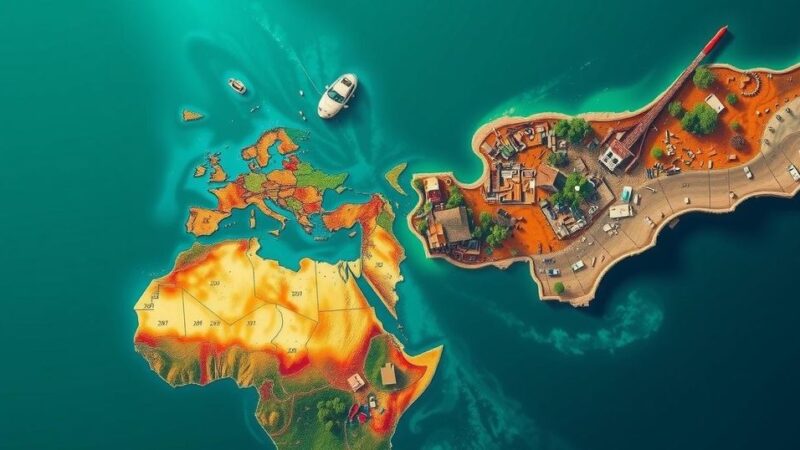Wealthier nations have begun pledging funds to assist poorer countries severely impacted by climate change, with approximately $720 million dedicated so far. Compensation, exemplified by a $750 payment received by a Malawian farmer, aims to aid recovery efforts and address the disproportionate effects of climate disasters. However, experts warn that current funding may not suffice, highlighting ongoing negotiations at COP29 for more comprehensive solutions to support affected regions.
In the aftermath of Cyclone Freddy, Southern Malawi faced devastating floods that affected many families, including that of Christopher Bingala, a subsistence farmer who lost his house and livestock. Fortunately, a payment of approximately $750 enabled him to rebuild his home, becoming a prime example of innovative funding initiatives dubbed “loss and damage” compensation aimed at addressing climate change impacts. This specific funding approach emerged from commitments made by wealthier countries at the conclusion of COP27, designed to assist lower-income nations disproportionately affected by climate-related disasters despite their minimal contributions to greenhouse gas emissions.
The financial backing totals around $720 million, pledged by countries such as the European Union, United States, and United Arab Emirates. However, climate experts caution that this funding may not suffice as the frequency and severity of climate change-induced events escalate. Discussions concerning adequate compensation for developing nations are ongoing at the COP29 climate summit in Baku, Azerbaijan, where leaders are negotiating comprehensive climate finance packages.
The toll of Cyclone Freddy extended beyond Malawi, displacing around 650,000 individuals across the region. Bingala’s desperate situation consisted of insufficient food and precarious living arrangements following his displacement. Gratefully, the funds received from the Scottish government, the first to allocate resources specifically for loss and damage, have become a lifeline for over 2,700 families facing similar challenges.
Such payments, amounting to sums capable of covering up to two years of income, serve to assist families as they rebuild their lives. Implemented by organizations like GiveDirectly, the initiative aims to alleviate the hardships faced by vulnerable households lacking safety nets or insurance. As protocol guidelines for distributing these funds remain unclear, many low-income nations emphasize that access should extend beyond mere disaster recovery to encompass preventative measures against future catastrophes.
The urgent need for loss and damage funding is anticipated to sharply escalate, potentially reaching $250 billion annually by 2030. Leaders from affected regions underscore that systemic inaction will yield repercussions well beyond national borders, urging affluent nations to prioritize such funding to mitigate future humanitarian crises associated with climate change.
Ultimately, the growing urgency for systematic support for underprivileged nations highlights a crucial dialogue on climate justice, emphasizing the need for equitable financial mechanisms in the face of increasing natural disasters influenced by environmental degradation. The ongoing global discussion must transition beyond pledges to actionable solutions ensuring the survival and resilience of vulnerable communities.
The emergence of “loss and damage” compensation represents a transformative shift in how wealthier nations are beginning to address the effects of climate change on poorer nations. Acknowledging that low-income countries have historically contributed far less to greenhouse gas emissions yet suffer the most from climate-related disasters, the international community initiated discussions at COP27 to establish a funding mechanism. This funding aims to provide financial assistance to vulnerable populations affected by extreme weather events, which have become increasingly severe due to climate change. The ongoing negotiations at COP29 focus on determining effective strategies for disbursing the pledged funds and benefits derived from this initiative.
In conclusion, the concept of loss and damage compensation represents a necessary evolution in the approach to climate change impacts, particularly for impoverished communities disproportionately affected by environmental degradation. While initial pledges signal progress, there is an urgent need for comprehensive frameworks ensuring funds are effectively allocated to those in dire need of assistance. The escalating challenges posed by climate change necessitate unwavering commitment from wealthier countries to address not only recovery efforts but also preventative measures that may safeguard vulnerable nations in the future.
Original Source: www.waer.org






